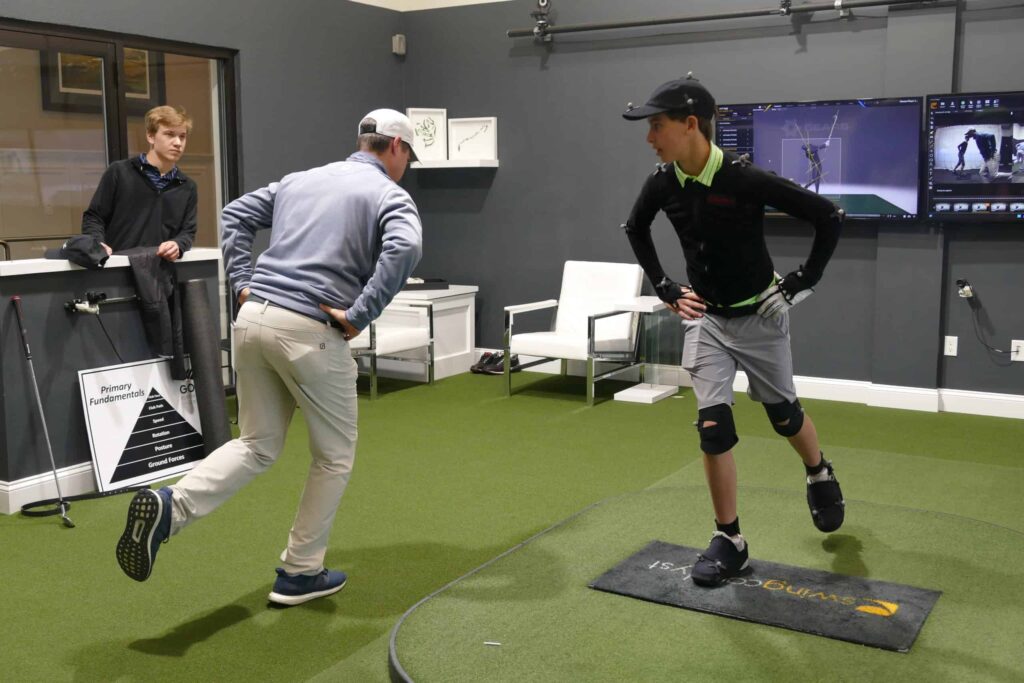Rage to Master: Lessons from the world of the gifted
Ellen Winner is a psychologist known for her research in the field of gifted education and talent development. Winner’s insights into the unique characteristics of gifted children—precocity, autodidacticism, and the “rage to master”—offer more than just a glimpse into the world of exceptional abilities. Surprisingly, these traits can inspire valuable lessons for individuals of any age seeking improvement, especially in the game of golf.
Precocity Beyond the Green
In golf, as in other areas of life, the concept of precocity can reshape our approach to skill development. Just as gifted children showcase advanced capabilities early on, golf enthusiasts can benefit from recognizing and nurturing talents that emerge sooner than expected. A young golfer demonstrating a natural swing or a keen understanding of course strategy might be a precursor to exceptional skills later in life. Paying attention to and cultivating these early signs can pave the way for a more promising golf journey.
Autodidacticism and Golf Mastery
The ability to engage in self-directed learning and independent exploration—autodidacticism—is a trait that resonates with many gifted individuals. Translating this to the realm of golf involves taking control of your learning journey. Beyond formal instruction, dedicated golfers can explore various aspects of the game independently—studying technique, analyzing professional players, cultivating self-awareness, or deepening their understanding of equipment. The self-taught golfer, driven by a desire to learn on their terms, may find a unique path to mastery outside the traditional teaching model where knowledge is static and dependent on the instructor.
The “Rage to Master” on the Fairway
Winner’s “rage to master” is perhaps most applicable to the pursuit of excellence in any domain, including golf. For those seeking to elevate their game, cultivating an intrinsic motivation and intense drive to achieve mastery is crucial. The passionate commitment to becoming highly proficient in specific aspects of golf—whether it’s striving to improve technique, strengthening the body, or mastering the mental game—can be the driving force behind significant improvement.
While not everyone may possess the innate characteristics of giftedness, applying these lessons can undoubtedly contribute to honing your golf skills:
- Start Early and Recognize Talents: Acknowledge and nurture early signs of talent or interest in golf. Just as gifted children show precocity in various domains, recognizing and encouraging a passion for golf from an early age can set the stage for long-term improvement.
- Take Control of Your Learning: Embrace the spirit of autodidacticism by actively seeking opportunities for self-directed learning. Explore resources, analyze your game, and experiment with different approaches to discover what works best for you.
- Fuel Your Passion: Cultivate a “rage to master” by tapping into your intrinsic motivation. Channel your passion for the game into focused practice sessions, continuous improvement, and a commitment to achieving excellence on the fairway.
While the majority may not be classified as gifted, the lessons derived from Ellen Winner’s research can inspire and guide individuals, even on the golf course. By adopting a mindset of continuous learning, self-directed improvement, and a fervent commitment to mastery, aspiring golfers can elevate their game and find fulfillment in the pursuit of excellence.


